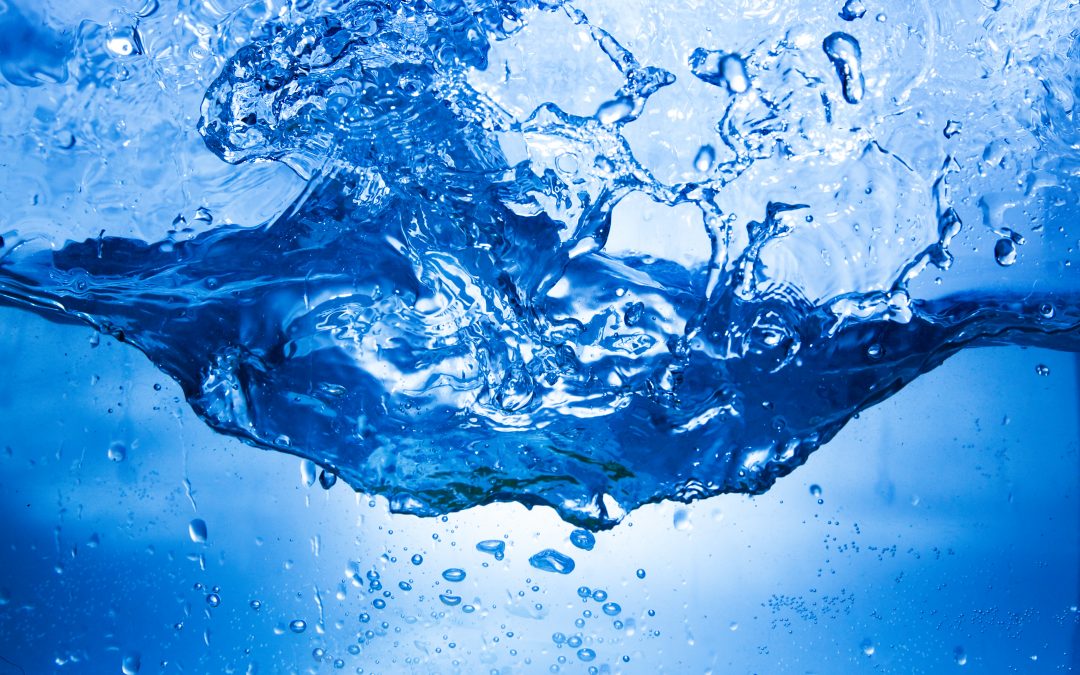Deionized or demineralized water is water that has zero charged particles or ions. The ions contain positive and negative electrical charges. These ions accumulate and pollute the water. To separate these dissolved solids – all of its mineral ions such as sodium, iron, calcium, copper, chloride, and sulfate – water passes through the deionization system resulting in clean and purified water.
The deionization process involves water traveling through the ion-exchange resin, which replaces the positively and negatively charged particles with hydrogen and hydroxyl ions leaving them with no charge. Distilled water is similarly purified water but the distillation process – water boiled to evaporation then recondensed. The steam is collected, leaving behind the contaminants.
Deionization is typically preferred over distillation in manufacturing because it is a cheaper process, takes less time to accomplish, and remains stable, whereas exposed distilled water turns into deionized water.
The deionization process can be done even more inexpensively by using reverse osmosis prior to the deionization process.
This process eliminates salt, viruses, germs, and organic matter, creating softer water optimal for water used in the commercial sector for manufacturing and in pharmaceutical, laboratory, and power plants. However, Deionization cannot remove uncharged organic molecules, bacteria, and viruses without the use of incidental trapping. Deionized water is highly useful in the medical industry because the processed water assumes the chemistry of the product and eliminates the change for impurities to change the chemical composition of the product.
Manufacturers prefer deionized water because it reduces the amount of salt that builds up and accumulates on machinery. Deionized water can also be used to cool and lubricate equipment in an industrial environment.Diamond Water Systems is a leading provider of water filtration systems for industrial, municipal, and commercial applications. To learn more about our products and services, visit our products page or call us now to learn more about deionization.

